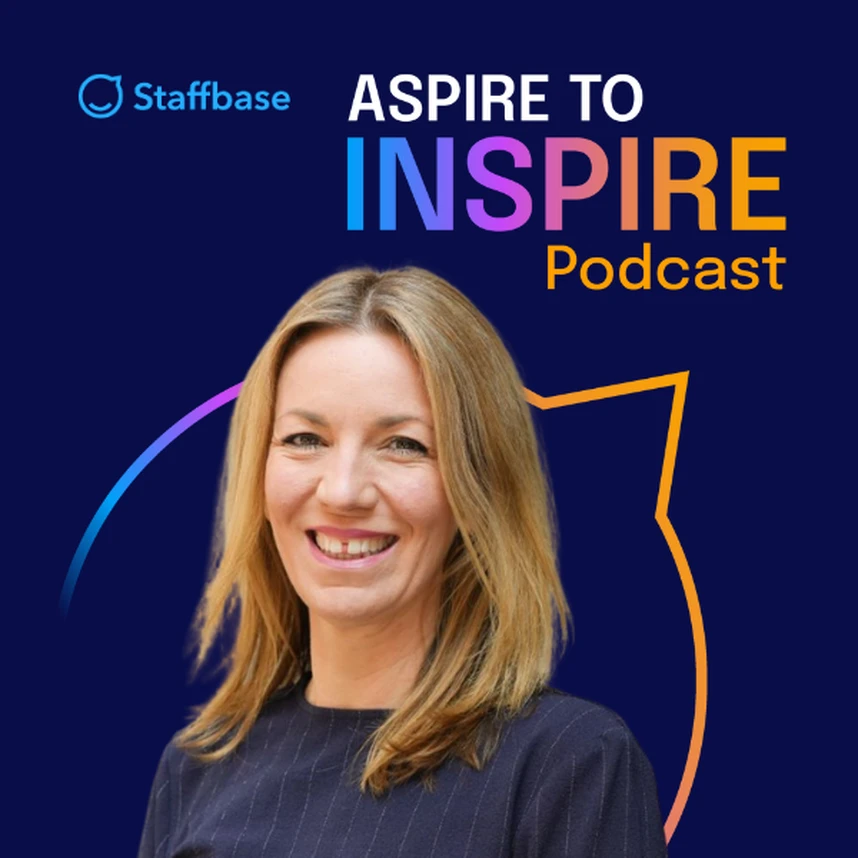
Join Neil Morrison and Cecilia Crossley as they explore purpose-driven storytelling, social impact, and how HR leaders can drive meaningful change.
Video
In each episode of the Aspire to Inspire video podcast, we dig deeper into real-world stories and actionable insights to help founders and executives inspire change. Join us as we explore the challenges and triumphs of leaders who have learned to expertly leverage communications.

Join Neil Morrison and Cecilia Crossley as they explore purpose-driven storytelling, social impact, and how HR leaders can drive meaningful change.
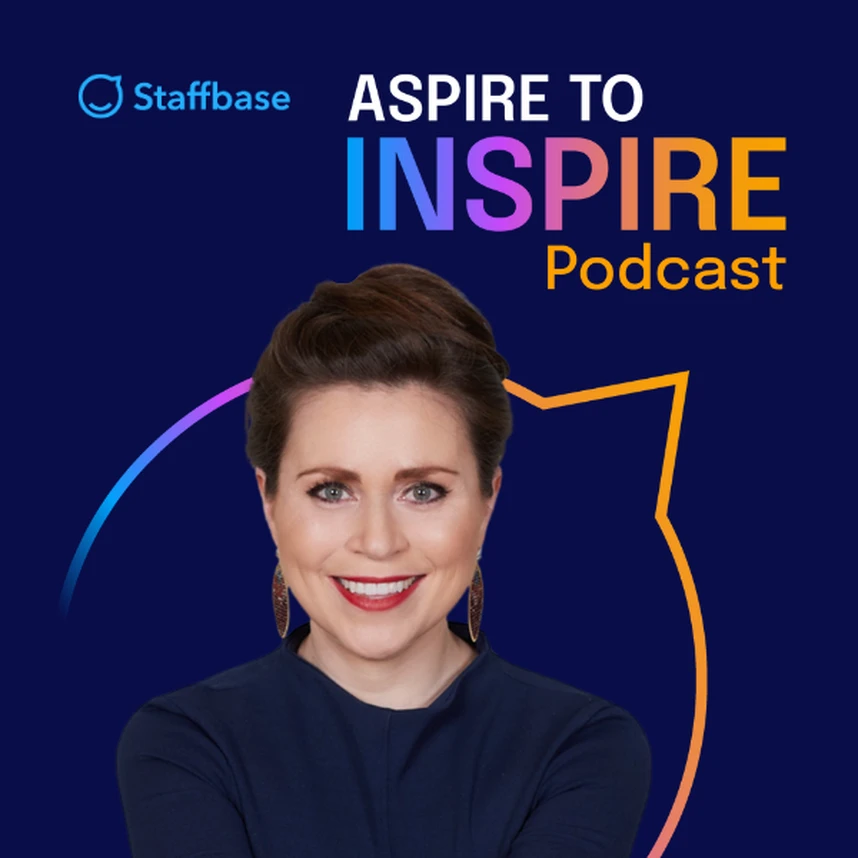
In this episode, CEO Stacey Tank shares her career journey, storytelling's power, and how inclusivity and purpose shape leadership.
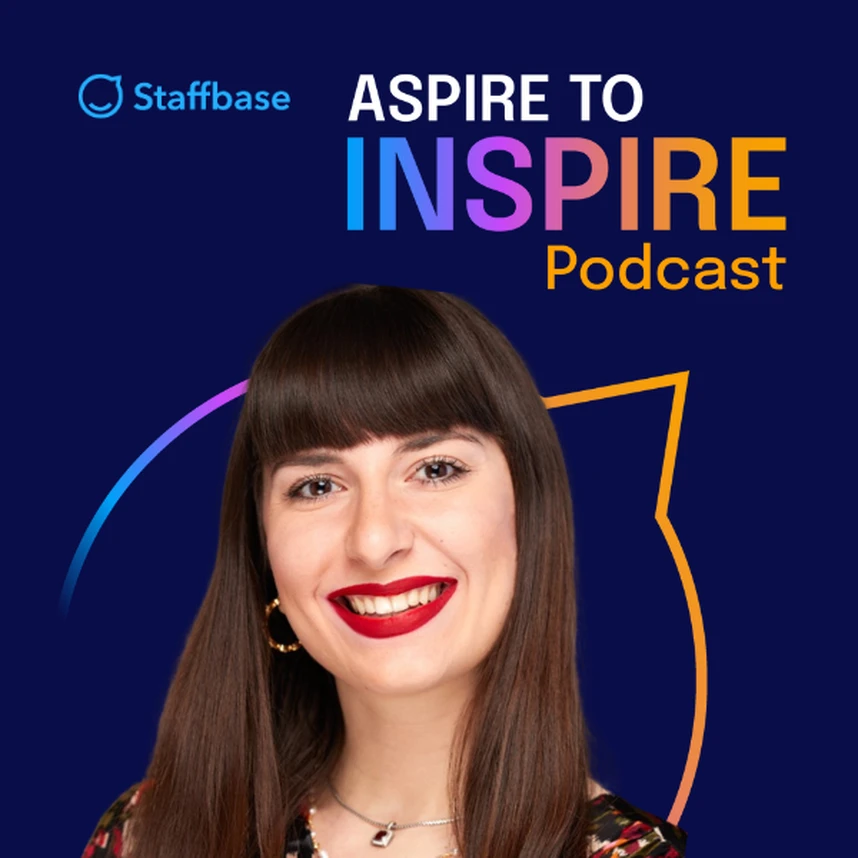
In this episode of the Aspire to Inspire Podcast, Gen Z leader Ioanna Mantzouridou Onasi discusses handling a multi-generational workplace and navigating AI.

In this episode, host Neil Morrison is joined by Dave Ulrich, a thought leader on human capability who has shaped the fields of leadership, HR, and organizational development.
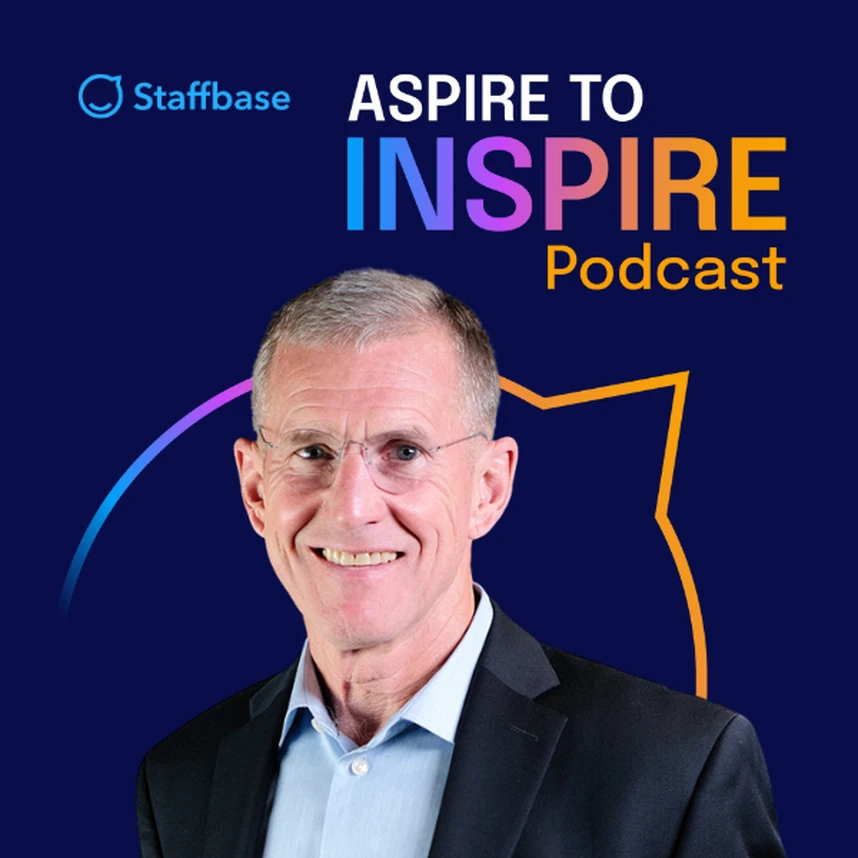
General Stan McChrystal joined the Aspire to Inspire podcast to share his leadership insights from over 3 decades of military service and 14 years of leadership consulting.
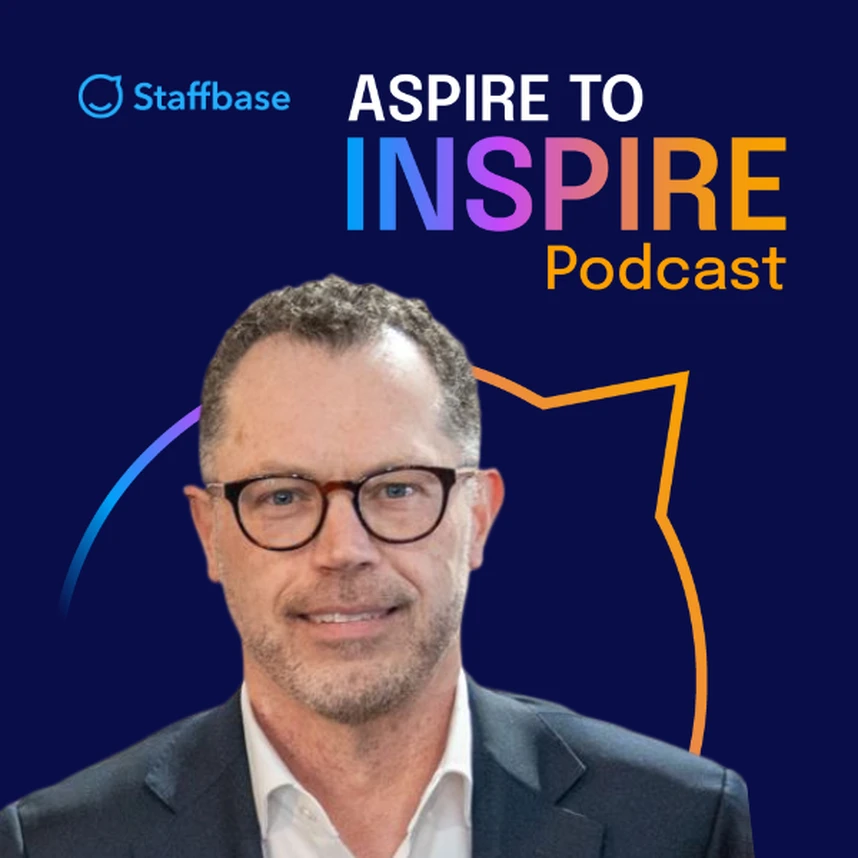
In this podcast episode, dive into Gerard Meuchner's illustrious communications career, and reveal insights he learned before and after becoming a global CCO.
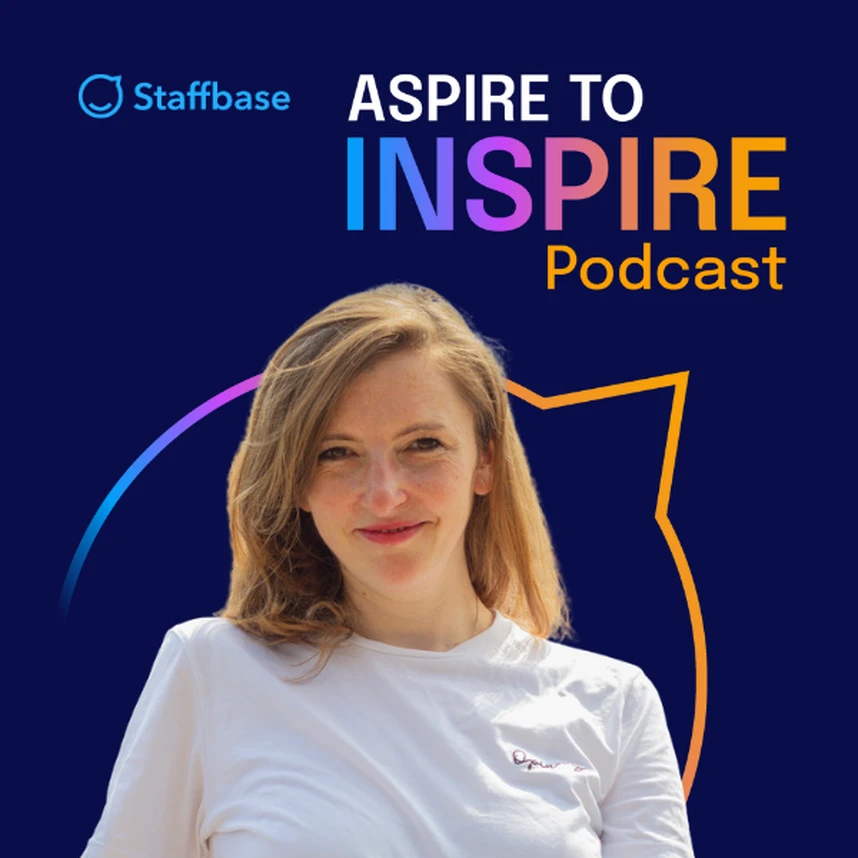
In this Aspire to Inspire episode, hear about Pia Frey's meteoric rise as an entrepreneur and co-founder, and the process of taking her company global through sale.
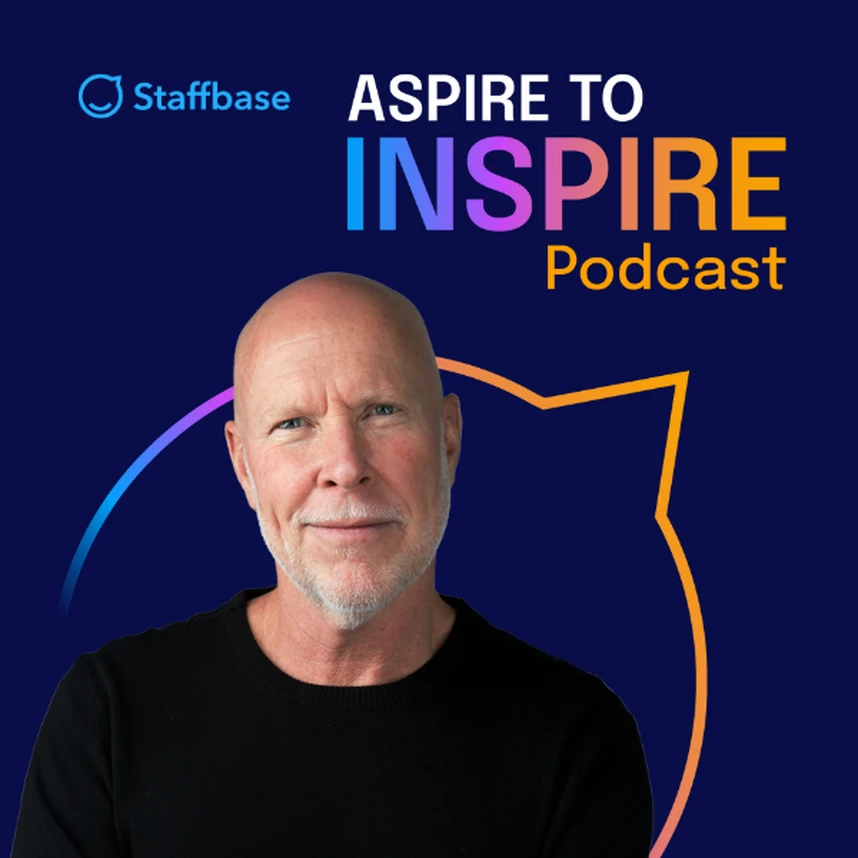
In this episode, learn about the strategic communications and leadership philosophies that have helped Chobani CCO Ben Boyd become a transformational leader.
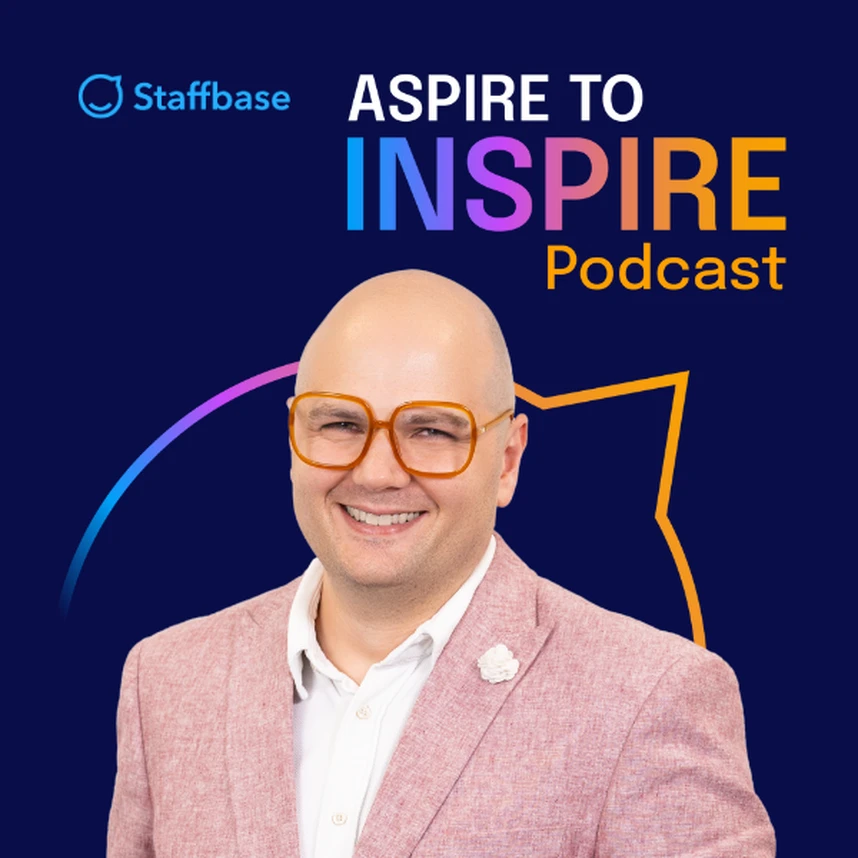
In this Aspire to Inspire episode, Dr Dieter Veldsman provides insights into the future challenges HR professionals will face and the critical skills needed.
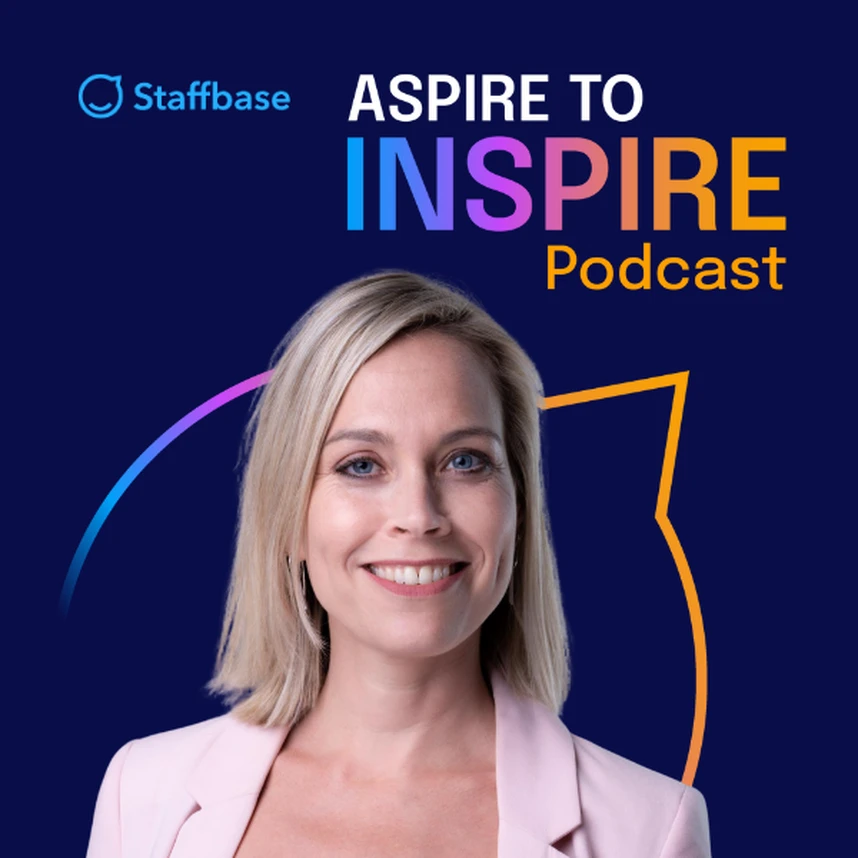
How can we manage difficult conversations? Behavioural Expert, Anne Maartje-Oud answers this question and more in this episode of Aspire to Inspire.
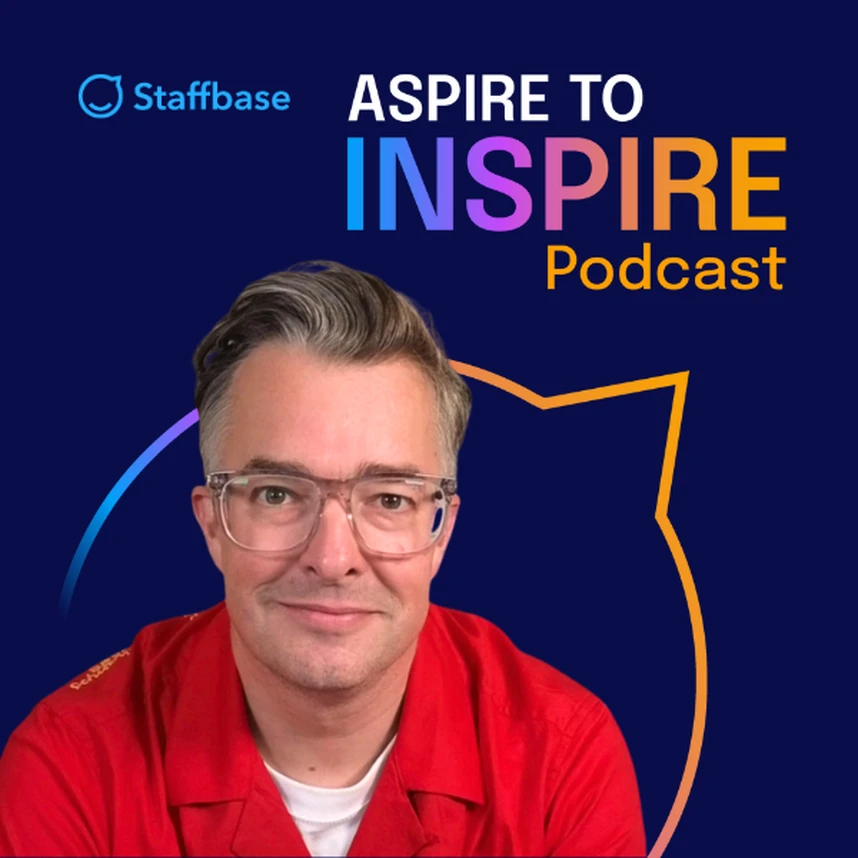
How do you build better stories to inspire action in your audience? Jeremy Connell-Waite provides the answer in this Aspire to Inspire podcast episode.
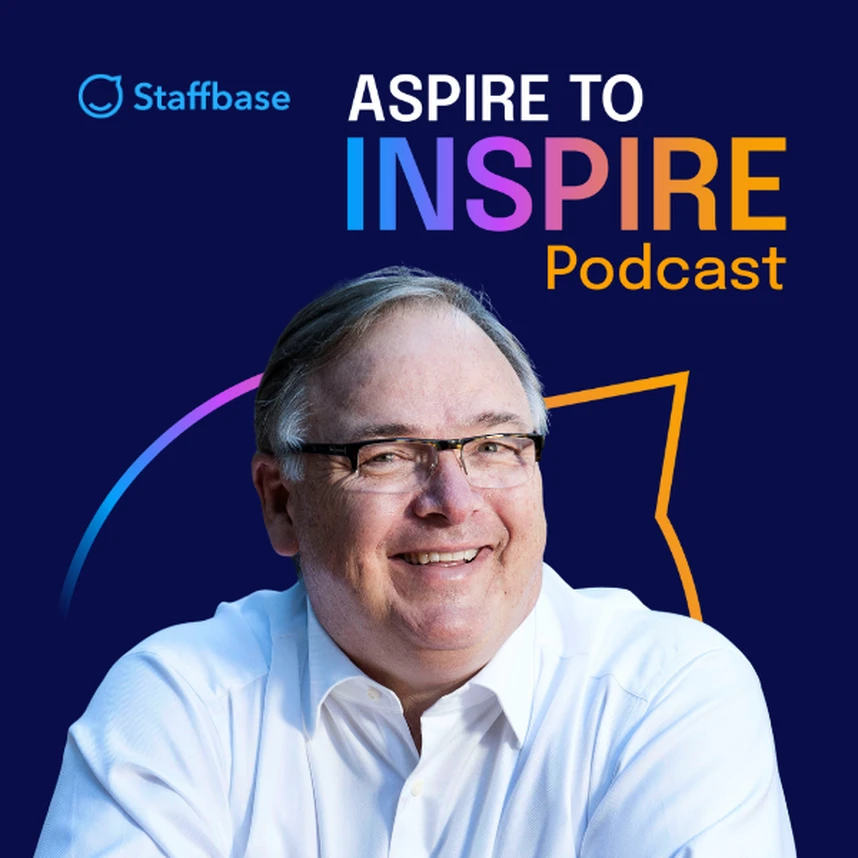
Listen to this Aspire to Inspire episode with Greg Creed, former CEO of Yum! Brands, who shares his journey as CEO of the world's largest restaurant company.
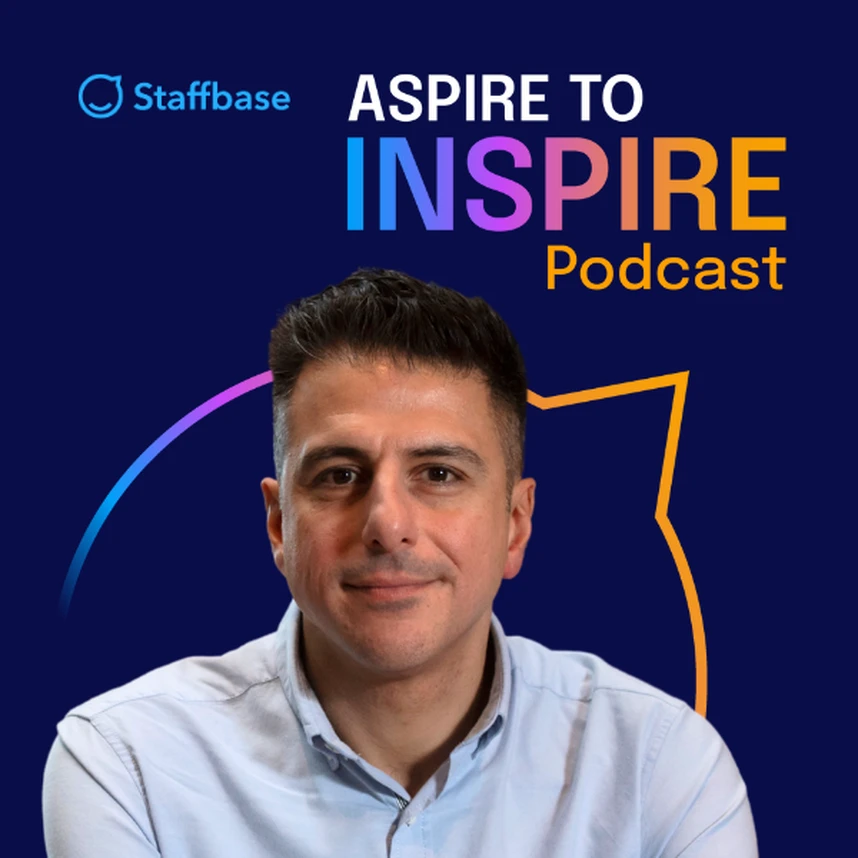
Discover Pano Christou's inspiring career journey from assistant manager to CEO of Pret a Manger in this Aspire to Inspire podcast episode.
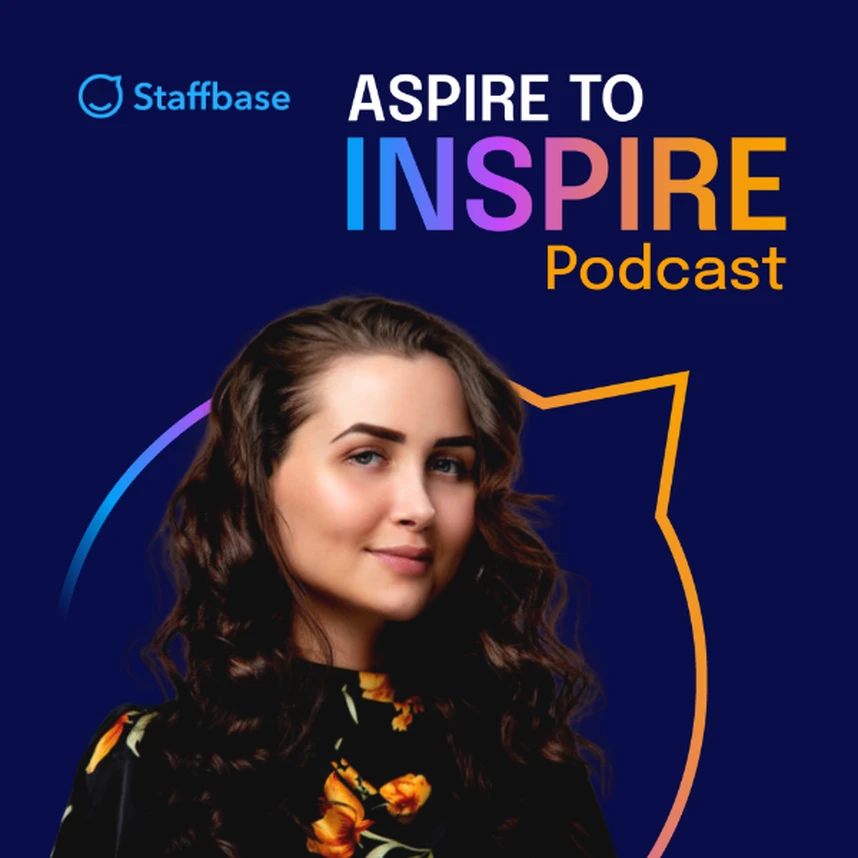
Have you ever struggled with imposter syndrome? Then this episode of the Aspire to Inspire Podcast with Abbie Maroño is for you! Listen now!
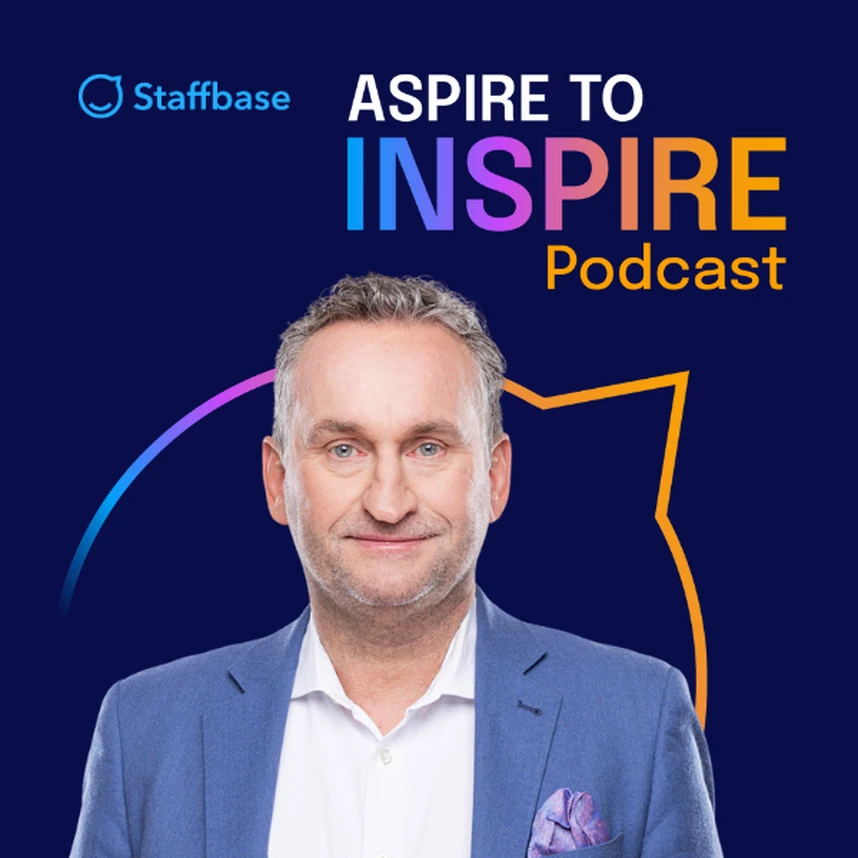
Ready to talk diversification, narrative and digital transformation? Check out this episode of the Aspire to Inspire Podcast with Nils Haupt.
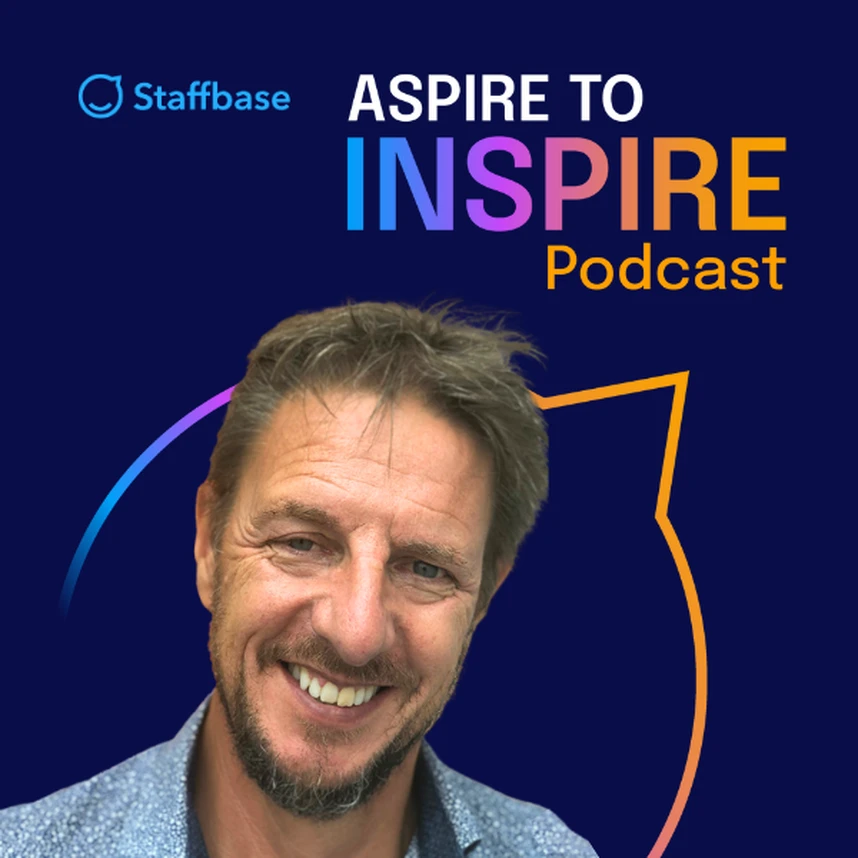
Dive into the Aspire to Inspire podcast episode with Marc Wright and learn how to take your digital communications to the next level.
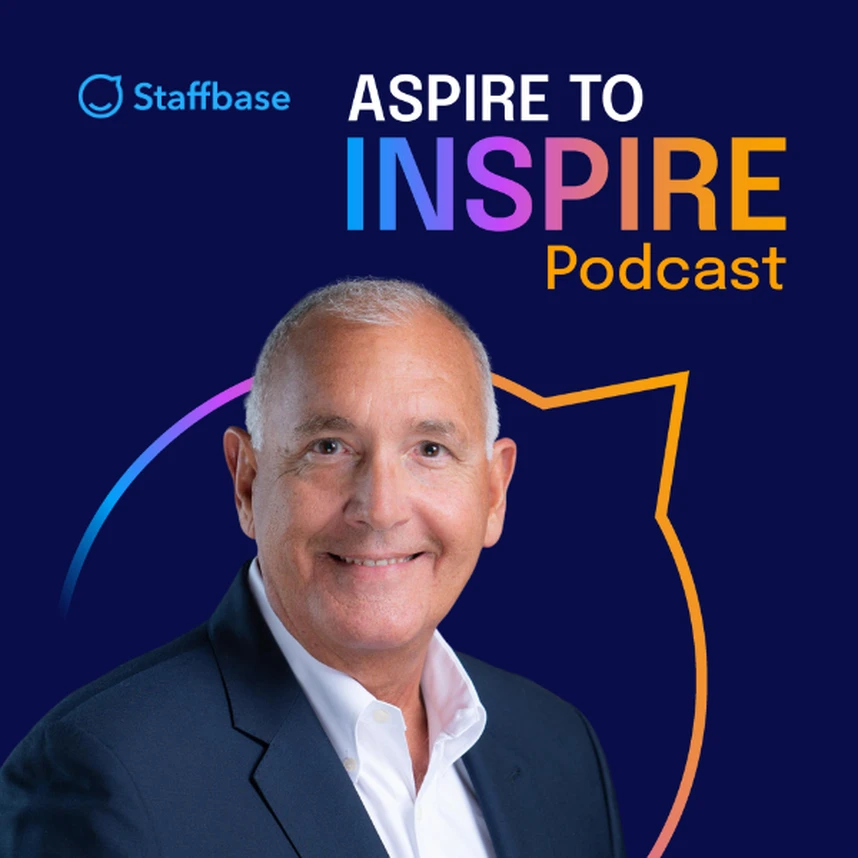
Want to know what business leaders can learn from a former FBI agent? Listen to our Aspire to Inspire podcast episode with Joe Navarro.
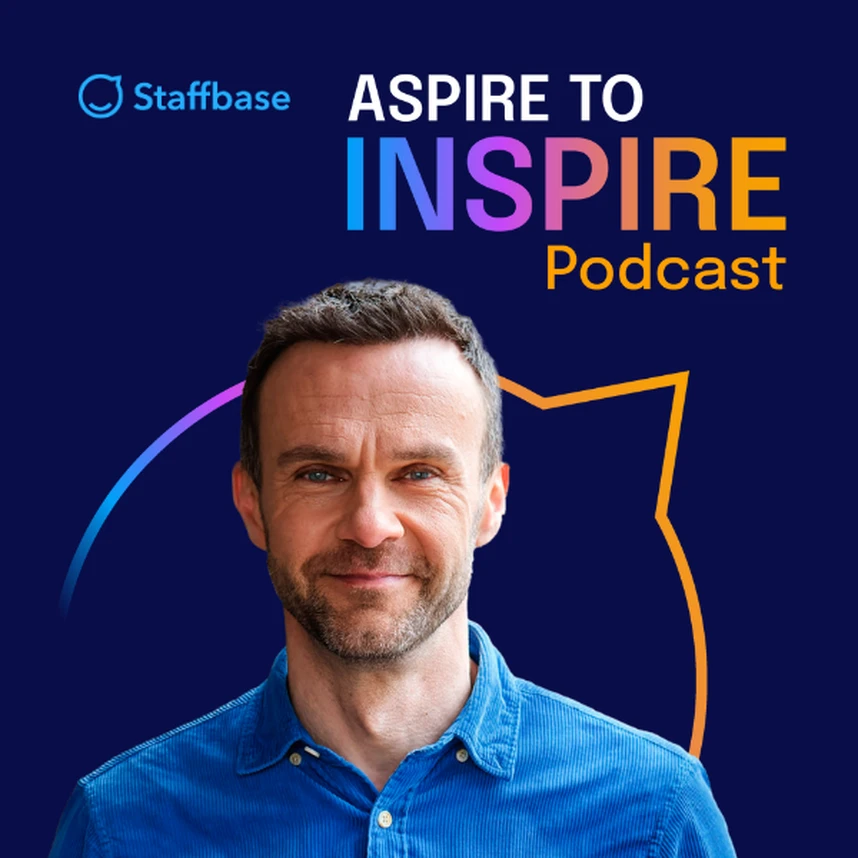
Watch the first episode of the Aspire to Inspire Podcast with Staffbase founder and author of The Narrative Age, Frank Wolf.